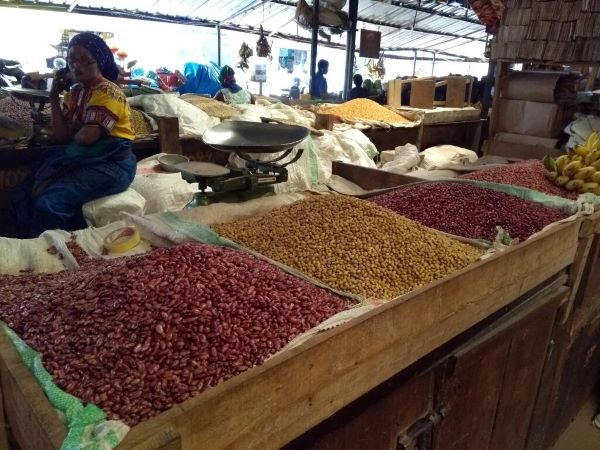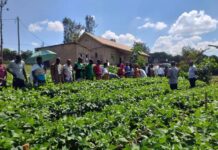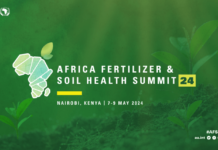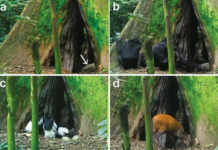Majority of the Rwandese facing rising food insecurity will soon get reprieve following a $107 million aid that the European Union (EU) has announced to help combat the situation.
According to a statement by the UE, the aid which was launched on Tuesday this week will be used in 14 projects to mitigate soaring food prices across the country, under the new “Kungahara” initiative.
“These projects come on the back of higher consumer price indices with about 20.6 percent of Rwandan households remaining food insecure according to the 2021 Comprehensive Food Security and Vulnerability Assessment report,” read the statement in part.
“The Kungahara initiatives aim to advance sustainable food production, foster inclusive agricultural value chains, and implement focused interventions in marginalized communities.”
According to data from the National Institute of Statistics Rwanda, in September 2023, the category of ‘Food and non-alcoholic beverages’ witnessed a 29.6 percent year-on-year increase and a 9 percent month-on-month rise.
Effects by the global surge in food prices
Rwanda has been ranked among the top ten countries most severely affected by the global surge in food prices, as reported by the World Bank.
This predicament is attributed to external factors, including the rising costs of energy and fertilizers, the Ukraine-Russia conflict, and persistent disruptions in cross-border trade with neighboring countries such as Uganda, the Democratic Republic of the Congo, and Burundi.
Furthermore, in 2022, Rwanda witnessed a significant domestic downturn in food production, with a 2 percent decline in overall food crop production and a 5 percent drop during the second agricultural season, as indicated by the World Bank.
The repercussions of these challenges are particularly pronounced among Rwanda’s economically disadvantaged households, with low-income families allocating more than a third of their annual budget to food expenditures.
Current inflation burdening households
According to the World Bank, the present inflation trend disproportionately burdens the most economically disadvantaged households.
In the past, when faced with elevated food inflation and economic shocks, 72 percent of Rwandan households reduced their food purchases, resulting in diminished nutritional intake, especially among the most vulnerable families.”
Just this month, Rwanda’s Minister of Agriculture, Ildephonse Musafiri, informed the parliament of an initiative to temporarily allocate fallow arable land to farmers, part of an effort to boost food production.










[…] Credit: Source link […]
Comments are closed.